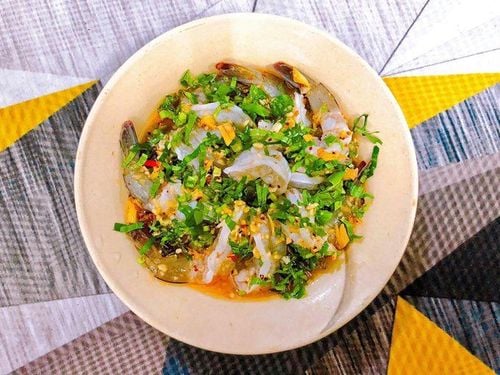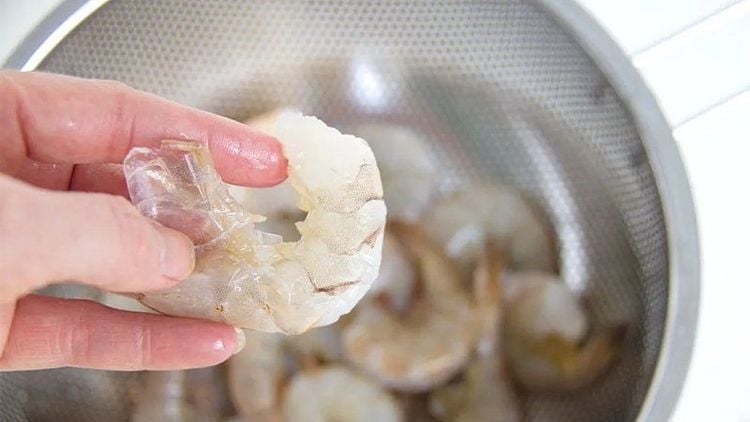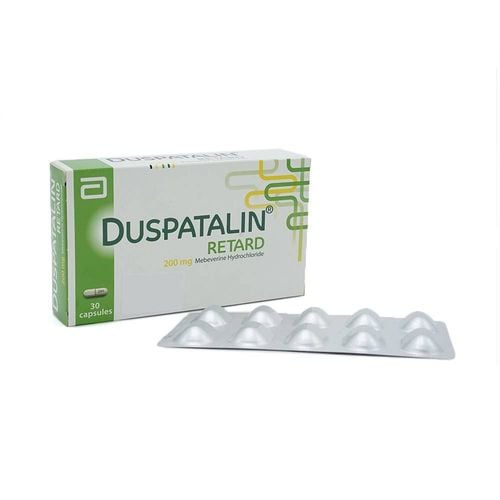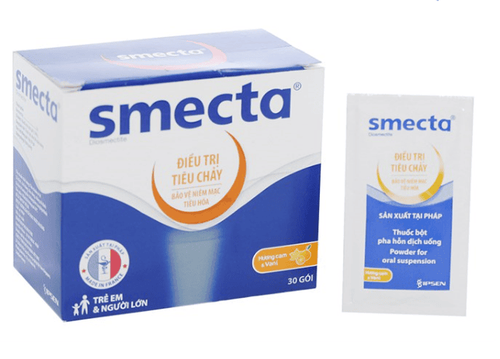Is raw shrimp safe to eat? According to the U.S. Food and Drug Administration, raw shrimp should be avoided because of the risk of parasites or foodborne illness. When choosing to eat raw shrimp, make sure that the shrimp has been frozen first to kill harmful parasites that can infect the human body. However, this does not kill harmful microorganisms, and if someone is in a high-risk group for foodborne illness, raw shrimp should be avoided. Find out more in the article below!
1. Is raw shrimp safe to eat?
According to the FDA, people at high risk for foodborne illness include the elderly, young children, pregnant women, people with weakened immune systems, and people with low stomach acid. Although shrimp is a healthy alternative to other fish that contain high levels of mercury, it should always be cooked until it is opaque and firm.
Shrimp are crustaceans that are popular foods around the world. Their shells are hard and their meat ranges in color from brown to gray. Shrimp have a sweet taste and a soft or firm texture, depending on the variety.
The term “shrimp” covers many different types of shellfish that look similar. Coldwater shrimp are small and are harvested in the oceans of the northwestern and northeastern regions of the United States and Canada.
Warmwater shrimp are harvested in tropical areas and are often farm-raised. More than 90% of the shrimp consumed in the United States is farm-raised. Most seafood eaten in the United States is imported from other countries, such as China, India, Thailand, and Vietnam.
Although shrimp are a popular delicacy in many countries, many people consider them unsafe to eat raw.
So, Are Raw Shrimp Safe?
People all over the world eat shrimp and prepare them in different ways. People also eat raw shrimp and this dish is quite popular. In some places, people consider the liquid inside the shrimp's head to be a delicacy. Japan is famous for its sushi made from raw seafood, in which fresh sashimi made from raw shrimp is a favorite of many people. In China, they also have their own way of eating raw shrimp, they eat raw shrimp after soaking it in a strong liquor called baijiu. The risk with any raw food, including shrimp, is that it can contain certain bacteria, viruses, and parasites. These microorganisms can lead to food poisoning or can lead to some diseases.
Shrimp is the most commonly consumed crustacean in the United States and accounts for 50% of the total global aquaculture production. Because shrimp is a source of several important nutrients for the body, including omega-3 fatty acids, vitamin B12, and iodine.
Microorganisms in shrimp can only be eliminated by cooking, for food safety reasons, eating raw shrimp is not recommended. Eating raw shrimp can lead to food poisoning or illness caused by microorganisms.

2. Potential risks of eating raw shrimp
Each year, 16.7% of Americans experience food poisoning. Eating raw shrimp increases the risk of food poisoning and is one of the causes of the above food poisoning.
May contain harmful bacteria
Vibrio is a type of bacteria found in 70 species, of which 12 are known to cause disease in humans. Vibrio is a bacteria that often lives on shrimp. One study found that 55% of 299 raw shrimp samples contained potentially harmful Vibrio species that can cause conditions such as gastritis, cholera, and infection. If you have a mild case of Vibriosis, you will probably recover in about three days. But 20% of people infected with Vibrio bacteria die, sometimes within a few days of getting sick. Symptoms of this infection include:
- Diarrhea, often with abdominal pain, vomiting, nausea, fever,
- Fever, chills, low blood pressure, and blistering skin lesions, signs of sepsis.
- Fever, redness, swelling, discharge, discoloration, and pain. These are symptoms of a wound infection that can spread to the rest of the body.
In addition, one study found multiple antibiotic-resistant strains of Vibrio bacteria among 100 strains of Vibrio bacteria isolated.
In a review of 10 seafood processing plants in Nigeria, 100% of shrimp contained Bacillus bacteria, which is commonly associated with diarrhea and vomiting.
Can lead to illness
Food poisoning is a common illness associated with eating food contaminated with bacteria. Symptoms can include vomiting, stomach cramps, fever and diarrhoea.
Food poisoning statistics show that more than 90% of food poisoning cases are caused by Salmonella, E. coli, Vibrio or Bacillus, all of which can be found parasitically in raw shrimp. Norovirus can also be found in raw shrimp.
Every year, about 1 billion cases of food poisoning related to diarrhea occur worldwide. In the United States, more than 5,000 people die each year from food poisoning-related illnesses. Elderly people, pregnant women, and children should especially avoid eating raw or undercooked shrimp, as their immune systems are not yet fully developed or have problems.

3. How to prepare shrimp safely
Raw shrimp should not be eaten because the risk of food poisoning is very high. Therefore, shrimp should be cooked to eat them most safely.
Because improper harvesting, handling, and storage techniques can increase the risk of contamination, you should buy high-quality shrimp from a reputable source. Look for production facilities that are certified in food safety when choosing.
Fresh shrimp should be refrigerated and consumed within four days or frozen for up to five months.
The safest way to thaw frozen shrimp is to remove them from their packaging and store them in the refrigerator overnight or for up to 24 hours. This will minimize the spread of harmful bacteria.
To prepare, wash your shrimp thoroughly, as any dirt can hide bacteria, and make sure other foods are at a safe distance to prevent cross-contamination.
While such techniques may reduce the growth of some harmful bacteria, they will not kill all of the bacteria present. So even if you prepare them carefully, raw shrimp still pose a health risk.
Instead, you should cook shrimp until they are opaque or pink or have reached an internal temperature of 145 0 F (63 °C). Most harmful bacteria and viruses will be killed during cooking.
promotes brain and heart health.
To arrange an appointment, please call … or make your reservation directly HERE. You may also download the MyVinmec app to schedule appointments faster and manage your reservations more conveniently.
Reference sources: healthline.com, medicalnewstoday.com













